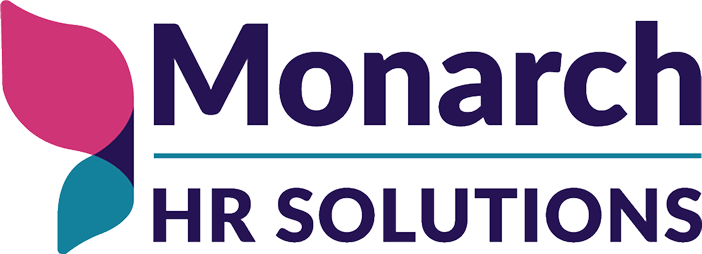By Dan Darabaris
The pandemic has changed where we work, and for many businesses this opens up the potential to have employees working in many states other than that of the business. To stay compliant, employers need to not only have a pulse on the tax, business, and employment laws in the state where the organization is located, but also where their remote workers reside. Tracking compliance changes will help ensure proper reporting and avoid possible penalties.
Your HR team and employment counsel can help you keep abreast of all the changes that could impact your business. We like to use the compliance checklist below as a guide for our clients that have employees who work remotely outside of their state.
Remote Worker Compliance Checklist
Conducting Business
Does hiring an employee who will work remotely in another state constitute “conducting business” in that state? The answer varies by state, and usually depends upon the services the worker will be conducting and their role within the company. If it is determined that your business is conducting business in another state, you must register with that state to be given the authority to transact business there.
Payroll Tax and Withholding
Businesses may need to follow additional state payroll tax withholding, payment, and reporting requirements if they employ a remote worker. Your HR and legal counsel can help you identify if you have the requisite contacts that would cause these responsibilities to kick in, as well as if there is any reciprocity agreement between the two states that could help you avoid the requirements altogether.
Unemployment Insurance and Laws
Depending upon the Department of Labor’s Localization of Work Provisions’ 4-factor test, you may be required to report and pay unemployment insurance to the state where the remote worker resides. The four prongs relate to:
- Where are the services performed
- Where is the base of operations
- Where is the place of direction and control
- Where does the employee reside
Note that a state law could override this test.
State Labor and Employment Laws
When employing a remote worker, businesses must consider the employment laws of that worker’s state, such as:
- Payroll
- Hiring
- At will employment
- Pay transparency and salary history questions
- Criminal history, background checks, and drug screening
- Leave
- Family leave
- Disability leave
- Paid time off
- Insurance
- Worker’s compensation
- Healthcare
- Disability
- Business and professional liability
Remote work is here to stay, so employers need to stay on top of the laws that could impact them when hiring an employee who will work outside of the state where the company is headquartered.
If you need an HR team to help you stay compliant, the human resource professionals at Monarch Consulting are ready to assist you.

